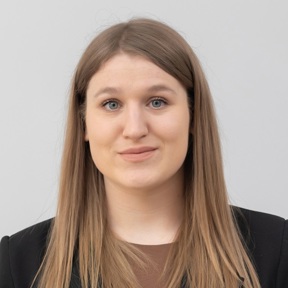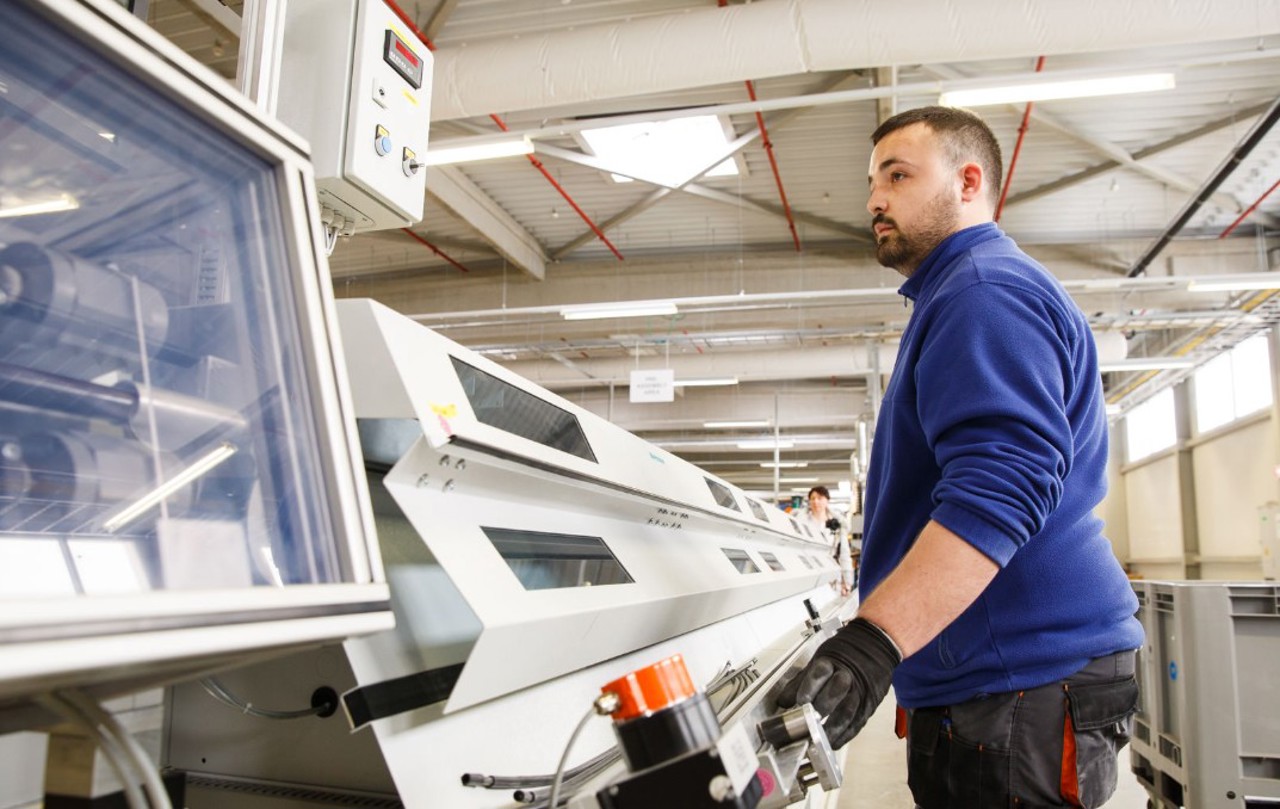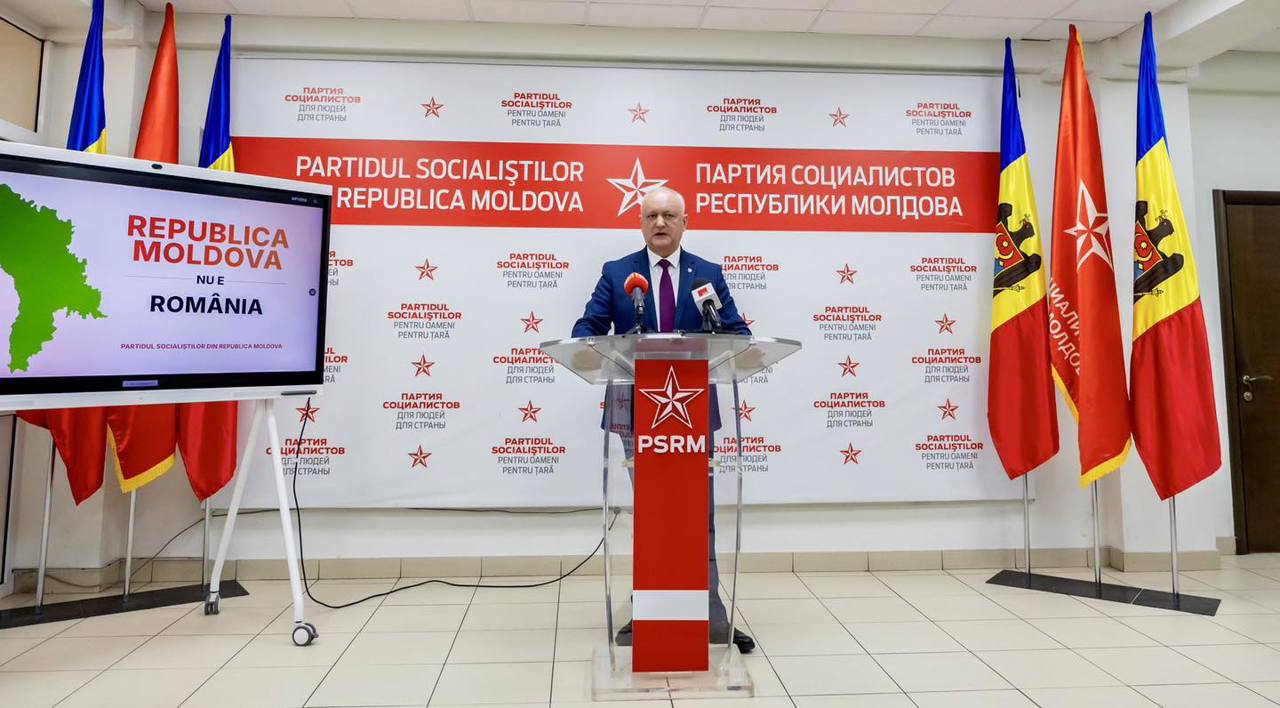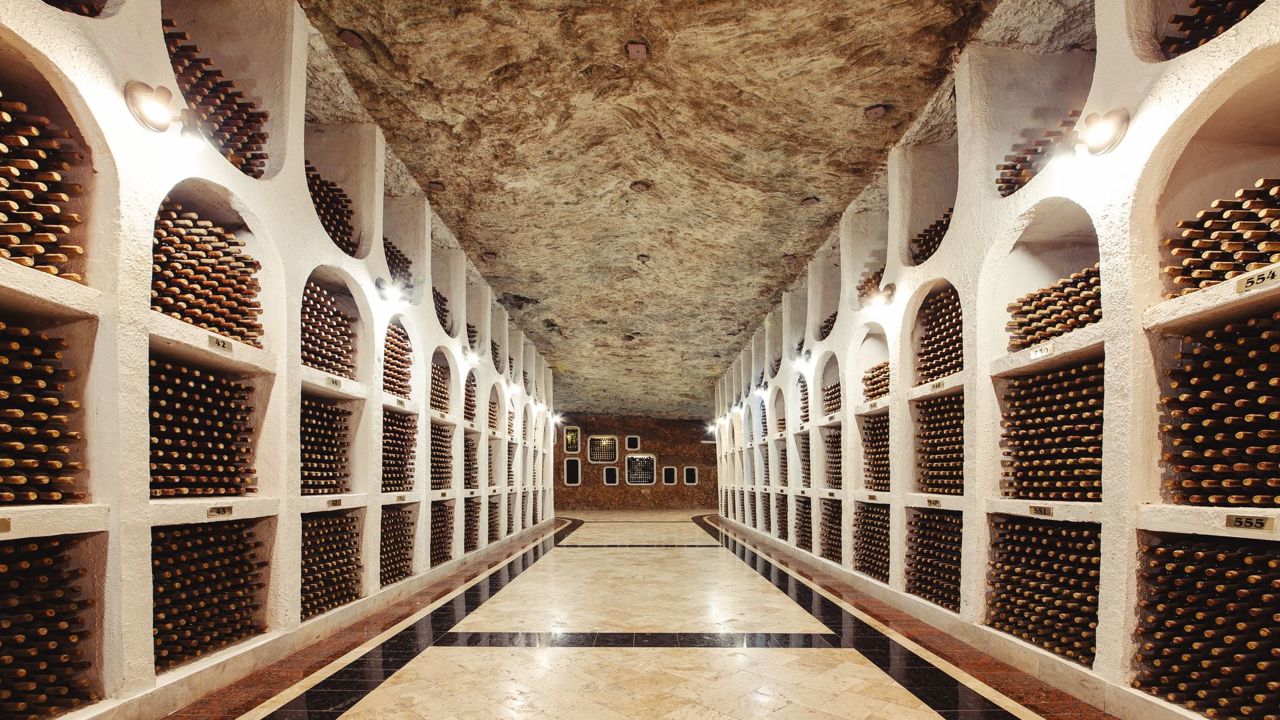Marcel Dumbravan appointed Moldova's anti-corruption chief
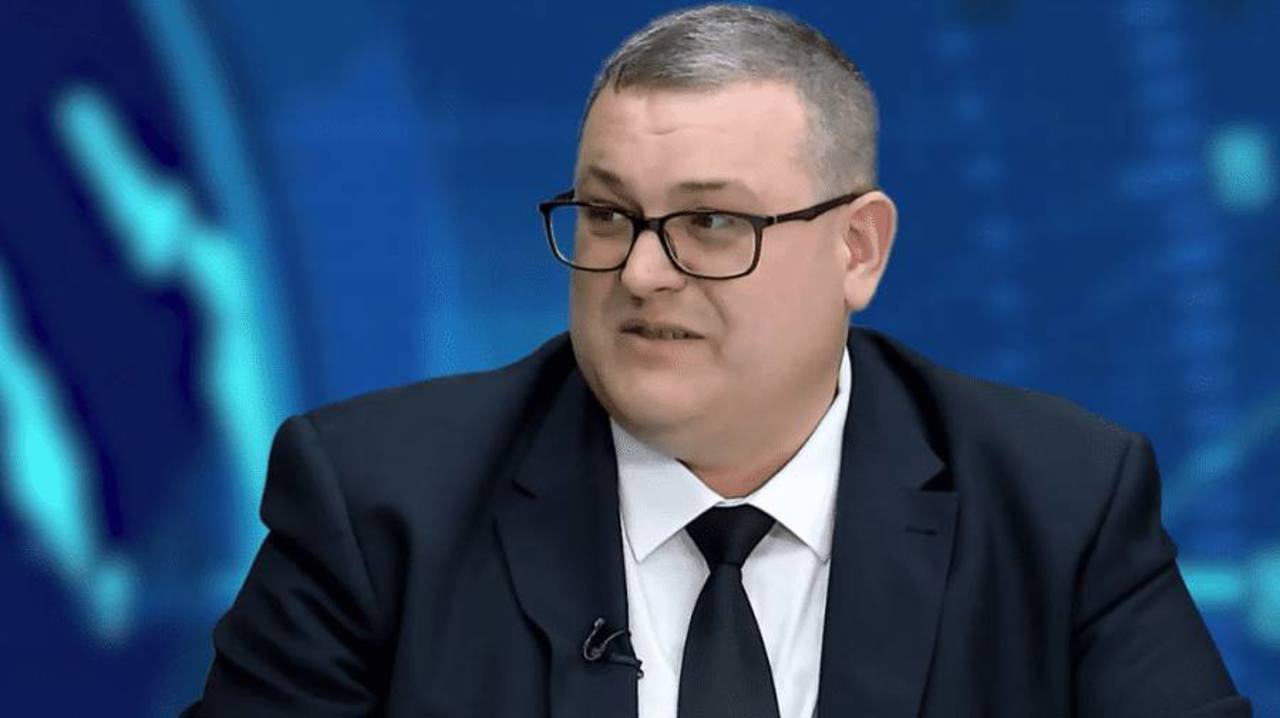
Marcel Dumbravan has been appointed the Chief Prosecutor of the Anti-Corruption Prosecutor's Office (APO). This decision was made today, June 23, by the Superior Council of Prosecutors (SCP), following the interview stage for the two candidates vying for the APO leadership.
After evaluation, Marcel Dumbravan scored 76.64 points, while Octavian Iachimovschi received 72.44 points.
Both Marcel Dumbravan and Octavian Iachimovschi presented their strategies and answered questions from SCP members.
Marcel Dumbravan, the first candidate interviewed, provided an overview of his professional career and his vision for the institutional development of the Anti-Corruption Prosecutor's Office. He discussed his professional background, the challenges confronting the APO, and his proposed solutions for strengthening the institution's effectiveness.
Dumbravan highlighted that he has served in the prosecution service since 2005, working within the APO's North Office since 2008. He noted his five-plus years of managerial experience, which, in his view, has given him a solid perspective on coordinating and overseeing prosecutors' activities, as well as on the need for strategic institutional reform.
During his presentation, Dumbravan outlined his institutional management concept. This involves an in-depth analysis of the APO's internal structure, functionality, and capacity. He emphasized the need for genuine budgetary autonomy, pointing out the shortage of specialized staff such as accountants, public procurement specialists, analysts, and technical experts. He also mentioned that the institution currently faces a significant deficit of prosecutors and support staff, which hinders its ability to respond effectively to corruption cases, especially high-profile ones.
The candidate also addressed difficulties like the heavy workload per prosecutor, the excessive length of investigations, and the lack of essential equipment for complex inquiries.
In this context, he advocated for investments in data processing technology and for establishing cooperation agreements with key institutions such as the Ministry of Finance, the Court of Accounts, the State Financial Control Inspectorate, and the Office for External Funds Management.
Dumbravan reaffirmed the importance of close collaboration with the National Anti-Corruption Center (NAC), stressing that fragmented activities between the two institutions can reduce investigation efficiency. He believes a potential functional reunification of the APO and NAC could bolster their capacity to combat high-level corruption, particularly as Moldova pursues European integration.
Regarding the use of special investigative measures, he underscored the need for rigorous control to prevent abuses and disproportionate application. Dumbravan also expressed support for implementing modern mechanisms like cooperation agreements and plea bargains, inspired by European and U.S. practices.
"Initiating cooperation with the European Public Prosecutor's Office (EPPO), a European institution specializing in investigating, prosecuting, and bringing to justice those who commit offenses against the European Union's financial interests, would be highly beneficial for the Anti-Corruption Prosecutor's Office. In this area, I would also advocate for good practices from European countries and the USA. Of course, this is a longer-term objective in combating corruption," the candidate added.
Candidate Octavian Iachimovschi argued for strengthening the Anti-Corruption Prosecutor's Office's institutional, procedural, and financial independence. He believes this is the only way the APO can operate effectively and credibly in the fight against high-level corruption.
"As long as the prosecutor's office lacks a budget directly managed by the chief prosecutor, and its logistical or operational activities depend on external approvals, institutional autonomy remains illusory. Direct management of budgetary resources, necessary logistics planning, and the ability to contract indispensable services like translation, equipment, software, and training must be under the effective control of the Anti-Corruption Prosecutor's Office. Even though the law on specialized prosecutor's offices stipulates that a specialized prosecutor's office should have a separate budget reflected within the prosecutor's overall budget, this, unfortunately, is not yet applied in practice," the candidate explained.
Each SCP member individually evaluated the candidates based on eight criteria, including their concept of management and institutional development, motivation for seeking the APO Chief Prosecutor position, professional experience and competence, self-control and stress resilience, ethics, and good reputation.
The competition for this role began on March 20, following Veronica Dragalin's resignation. She announced her departure from office on February 19, citing disagreements over a draft law that proposed merging the Anti-Corruption Prosecutor's Office with the Prosecution Office for Combating Organized Crime and Special Cases (PCCOCS) to create a new entity: the Prosecutor's Office for Anti-Corruption and Combating Organized Crime.
Translation by Iurie Tataru
